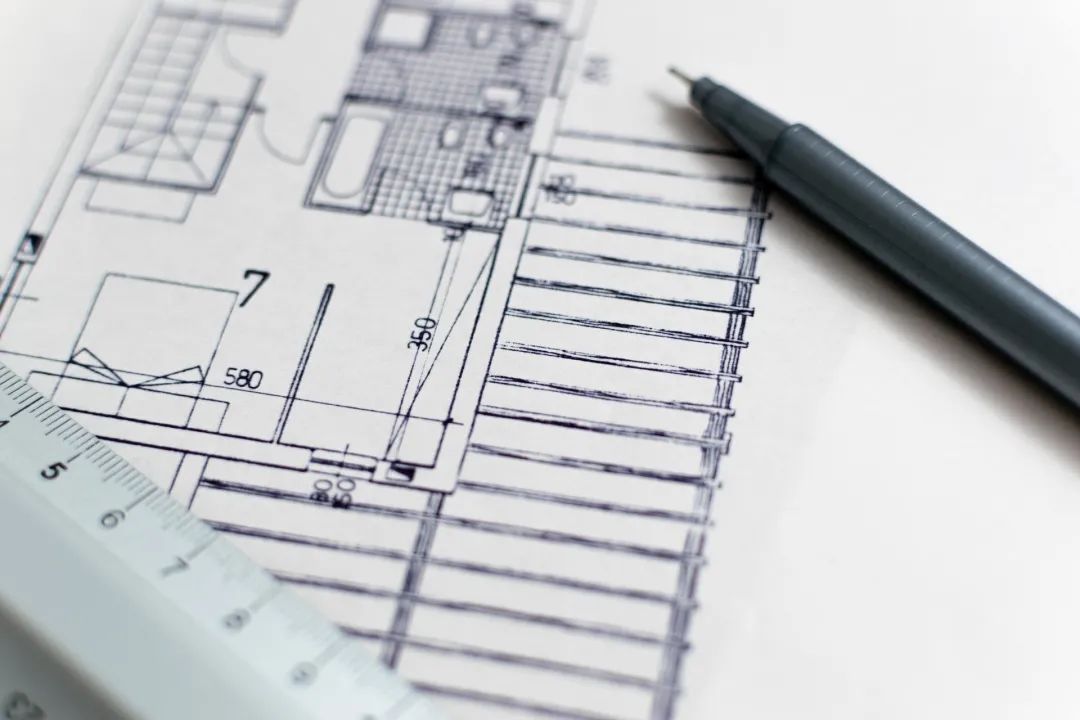5) After determining the purchaser and the purchase price, Party B shall notify Party A in writing.
The transaction process is that Party A directly pays the general contractor the actually received house sales funds (i.e.
After receiving the notice, Party A shall sign the commercial housing sales contract with the purchaser.
3、 Tax related analysis: (1) the general contractor, as the purchaser, purchases the commercial housing to offset the project funds, which is consistent with the tax related treatment of directly purchasing the commercial housing from the outside, and mainly involves the following taxes: deed tax: deed tax is subject to a range of 3% – 5%.
project funds).
2、 Processing of funds and invoices: when the commercial housing is transferred to the subcontractor or the designated third party purchaser, the owner will directly issue the invoice to the actual purchaser.
The actual purchaser, a third party or a subcontractor, involves deed tax and stamp tax (see above for tax rate and tax base).
First, the owner and the general contractor signed a “housing for debt” contract, and the general contractor obtained commercial housing.
● knowledge changes destiny ★ learn to light life ● [practical video] real estate enterprise equity tax related treatment and tax risk prevention and control [practical video] Liu Yuzhang real estate enterprise risk management and control of three tax categories [practical video] 6-day full tax planning of real estate [practical video] 6-day learning of land value-added tax settlement methods and skills [practical video] Real estate land value-added tax policy analysis and liquidation review [practical video] 6 days real estate development project tax burden calculation and tax planning [practical video] 7 days play with the real estate industry income tax final calculation and planning [practical video] 8 days real estate construction enterprise tax dispute resolution strategy [practical video] 5 days training on difficult financial and tax issues in the construction industry under the new form [practical video] 6 days become a construction finance and tax processing and planning expert topic [practical video] real estate enterprise full tax inspection response and tax burden calculation [practical video] real estate enterprise cost accounting risk prevention and tax planning [practical video] construction enterprise income tax settlement risk prompt and filling [practical video] real estate enterprise operation and financial integration management talent training [practical video] construction industry cost calculation and tax planning case analysis class [practical video] Accounting and tax treatment class at all links of real estate development [practice Video] income tax final settlement and declaration form filling of real estate enterprises [practice Video] 2022 real estate enterprise full life cycle invoice tax related and accounting accounting treatment practice 01 operation and financial and tax treatment of housing for debt the owner “uses housing for debt”.
(2) When the general contractor designates a third party as the purchaser, or the general contractor continues to “use the house for debt” to the subcontractor, in order to reduce the real estate transaction links, save Party B’s deed tax and the stamp tax of relevant parties, it is suggested that the general contractor may not sign the commercial housing sales contract with the owner; The owner also does not issue real estate sales invoices to the general contractor.
IV Financial treatment: (1) the general contractor’s own account treatment as the purchaser is as follows: Debit: fixed assets – taxes payable for construction projects – VAT payable (VAT to be deducted by certification); Credit: accounts receivable – taxes payable by the employer – deed tax payable – stamp tax payable; debit: taxes payable – VAT payable (VAT to be deducted by certification) Credit: taxes payable – value added tax payable (output tax of value added tax) (2) accounting treatment of the third party / subcontractor designated by the general contractor as the purchaser: third party debit: bank deposit credit: accounts receivable – the employer’s subcontractor debit: accounts payable – the subcontractor’s loan: accounts receivable – the employer v.
If the general contractor designates the buyer, or continues to “repay the debt with the housing” to the subcontractor, the general contractor may not go through the formalities of transferring the ownership of the commercial housing, and the owner shall sign a commercial housing sales contract with the actual buyer.
The general contractor does not involve taxes other than the contracted project.
practical examples [for example] real estate enterprises offset project funds with houses, and construction enterprises do not hold houses, The house was used to offset the material payment of the downstream material supplier, and the material supplier found a real buyer.
The first form: the most “real” debt repayment, which invisibly increases the transfer link and increases the tax burden.
Contract situation: the owner (Party A) and the general contractor (Party B) signed the contract of “housing for payment”, and the general contract mainly agreed as follows: 1) the commercial housing specified in the contract is used to offset the project funds; 2) Party B may purchase the commodity house agreed in this contract by itself, and has the right to designate Party B or a third party other than this contract in writing to purchase the commodity house; 3) Party B may specify the final purchase price according to the actual situation when looking for the actual buyer; 4) The agreed house price shall not be affected by any final purchase price, and the excess or lower part shall be handled by Party B.
Note: if VAT is exempted, the tax basis includes VAT.
The original value of the property does not include VAT.
For construction enterprises and material suppliers, it is not desirable in reality that they are both buyers and sellers..
After the actual purchaser pays the purchase price to the owner, the owner will pay the general contractor the funds according to the actual house sales received.
The specific conditions are as follows: 1.
The owner shall sign the commercial housing sales contract with the third party or subcontractor of the actual purchaser, and the owner shall issue the real estate sales invoice.
The specific applicable tax rate of deed tax is determined by the people’s governments of provinces, autonomous regions and municipalities directly under the central government according to the actual situation of the region within the tax rate range.
Therefore, the general contractor’s offset of the commercial house does not constitute the purchase of real estate on value-added tax.
Secondly, if the general contractor purchases the commercial housing by himself, it needs to sign a commercial housing sales contract with the owner.
Stamp tax: real estate purchase and sales contract, the tax rate is 0.03%, and the original value of the real estate does not include value-added tax.


